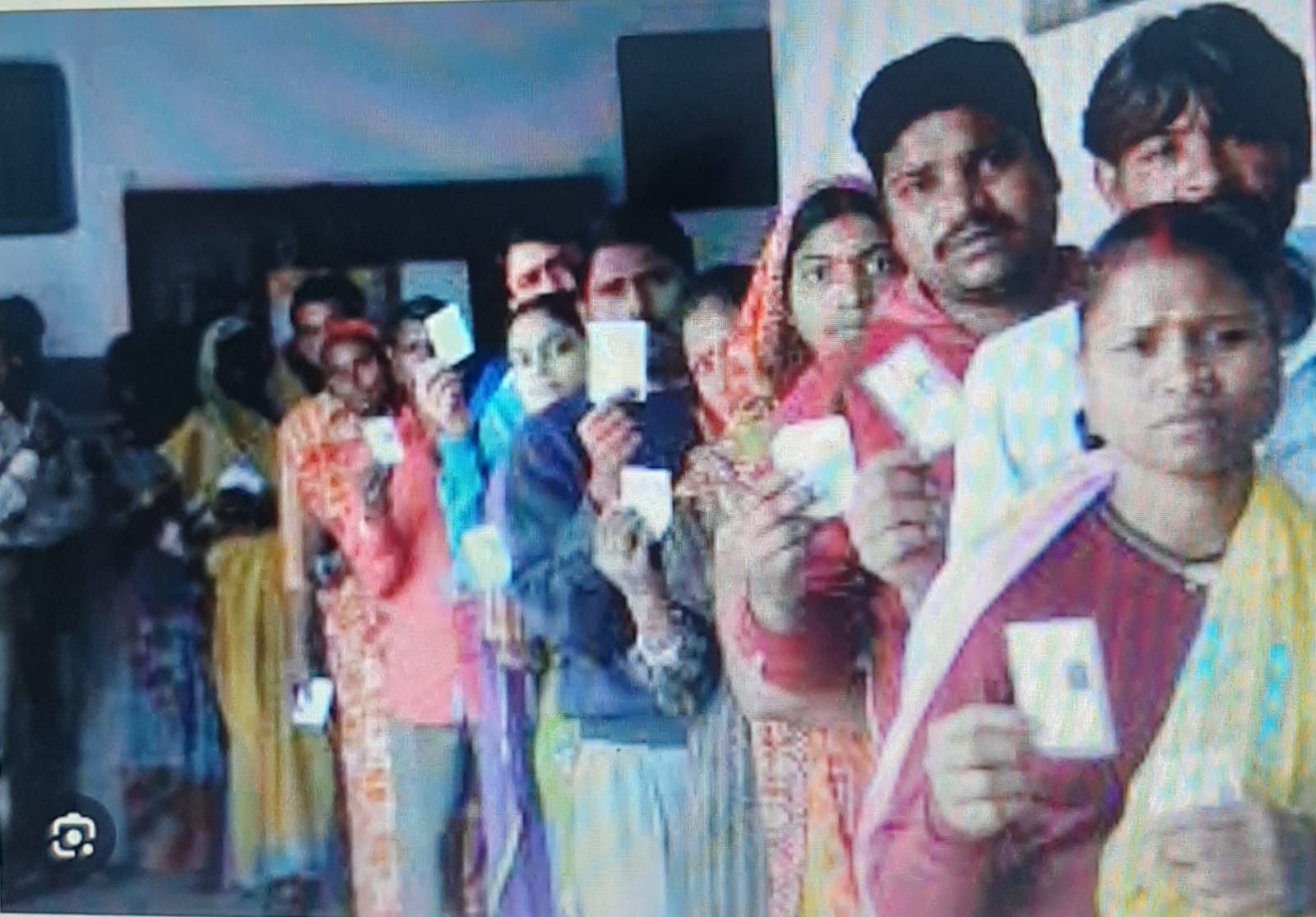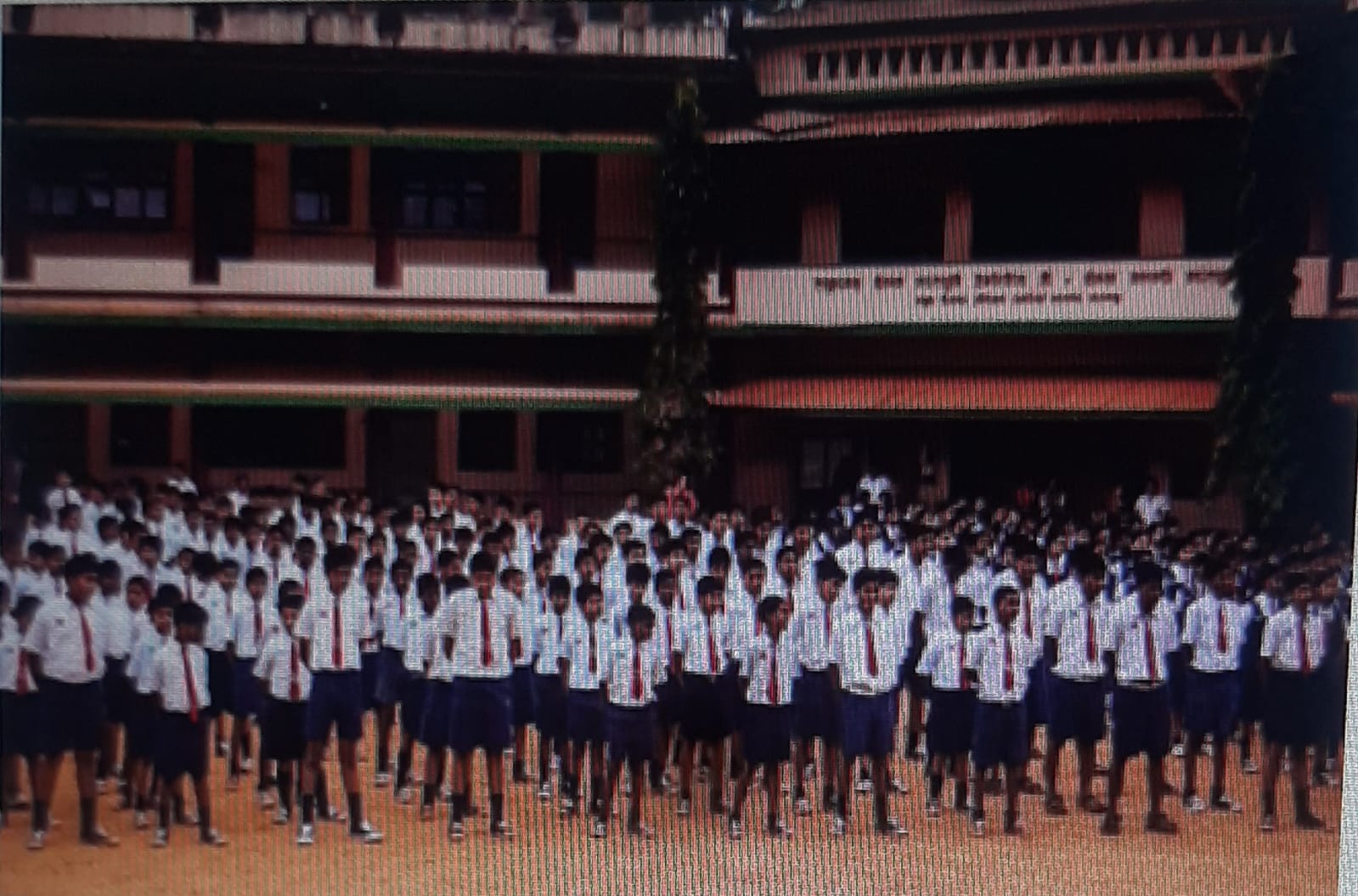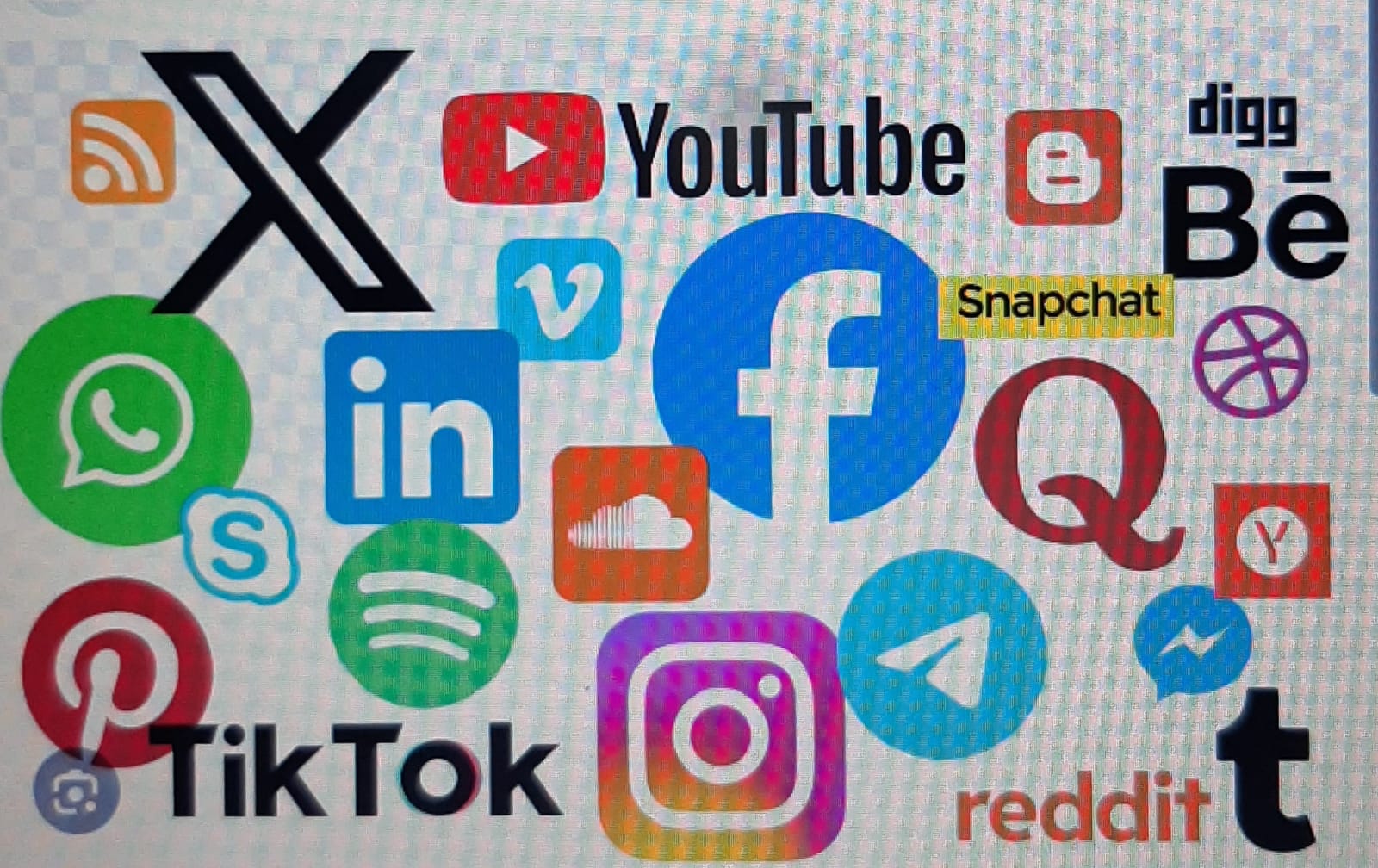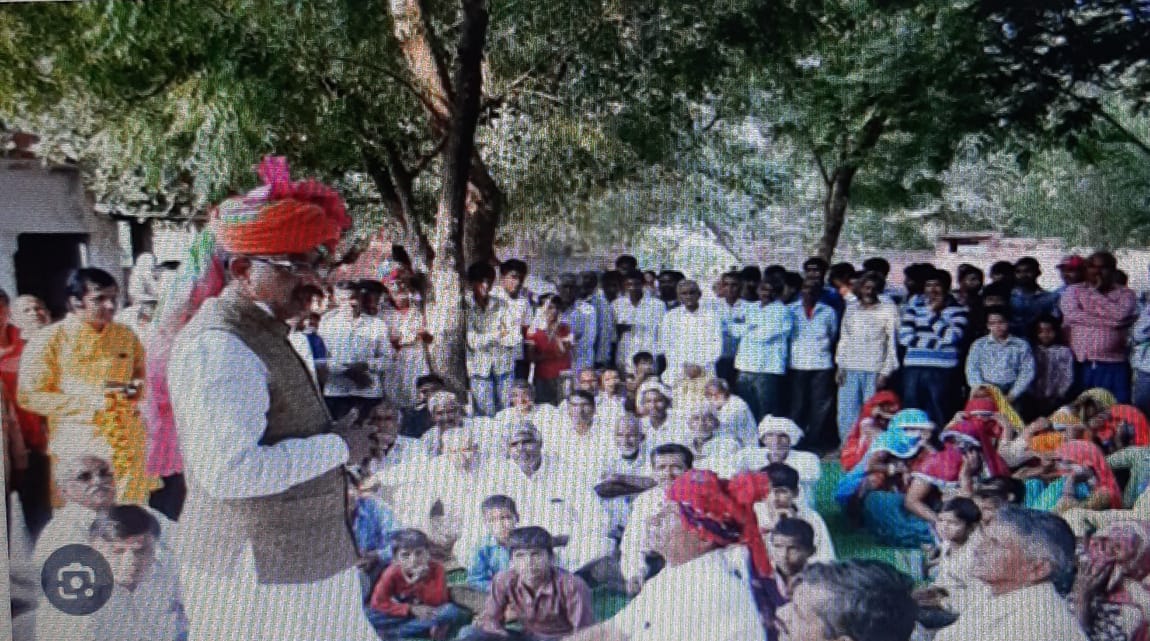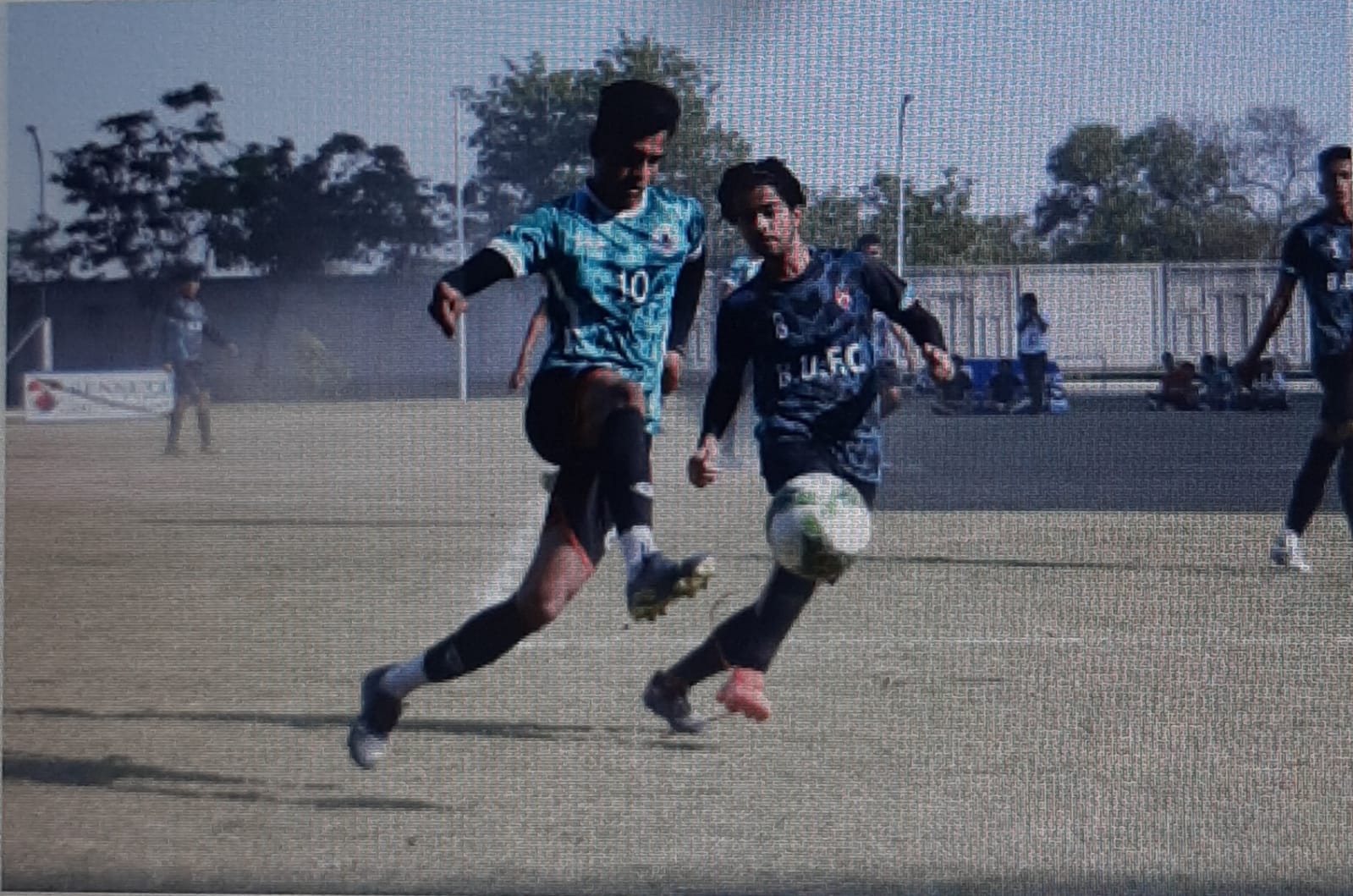
Our universities are brimming with bright minds. Our sports ecosystem is crying out for solutions. Yet they remain in parallel universes. Most Indian sports bodies do not approach academic institutions for research or policy inputs. Most universities do not build curricula or projects aligned with the real-world needs of Indian sport, writes Dr. Kanishka Pandey, who is Faculty and Head- Centre for Sports Research, IMT Ghaziabad.
In a world where knowledge is currency and innovation is the engine of progress, educational institutions (EIs) can no longer be seen merely as havens of quality education. They must become catalysts—firing up engines of impactful research, forging powerful partnerships with governments, engaging with communities, and collaborating closely with industries. And in the world of sports, this role is not just important—it is indispensable.
Let’s take a look at the United Kingdom. There, the links between educational institutions and the sports ecosystem are not incidental—they are institutionalized. Manchester Metropolitan University has long-standing collaborations with Manchester City FC and other local sports organizations. Loughborough University is not just a premier educational hub; it is a high-performance factory, working hand-in-hand with sports federations, clubs, and private companies to produce both knowledge and champions. The University of Liverpool runs football industry MBA programs with direct input from Premier League clubs. In Edinburgh, universities conduct in-depth policy research on sports tourism, athlete development, and even sustainability in stadium design.
This is not charity, nor is it a one-sided transaction. It is a classic case of mutual value creation.
Educational institutions have the intellectual capital, research capability, and talent pool to undertake rigorous, field-based, and policy-shaping research. Sports federations, leagues, and clubs, on the other hand, know their pain points—be it fan engagement, revenue sustainability, grassroots scouting, athlete mental health, or stadium optimization. When the two collaborate, magic happens. Knowledge meets need. Data meets direction. Academia meets action.
Unfortunately, in India, this kind of structured and strategic collaboration is largely missing.
Our universities are brimming with bright minds. Our sports ecosystem is crying out for solutions. Yet they remain in parallel universes. Most Indian sports bodies do not approach academic institutions for research or policy inputs. Most universities do not build curricula or projects aligned with the real-world needs of Indian sport.
It is a curious paradox: we are a nation of brilliant thinkers and passionate players, but somewhere, the bridge between the two is broken—or worse, never built.
Imagine if premier management institutes in India worked directly with state sports ministries to develop sports marketing and fan engagement strategies. Imagine if sociology departments undertook longitudinal studies on youth dropout rates in sports academies. What if engineering colleges worked with equipment manufacturers in Meerut to design cost-effective, world-class sports gear? Or if our law schools collaborated with leagues to draft standard player contracts or dispute resolution mechanisms?
These aren’t hypothetical ideas. These are missed opportunities.
To boost India’s sporting performance, we must tap into our most underutilized resource—our educational institutions. They must become knowledge partners, innovation hubs, and development anchors for Indian sports.
This change will require mindset shifts on both ends. Universities must proactively reach out, create sports research centers, build specialized curricula, and encourage interdisciplinary collaboration. At the same time, sports federations, leagues, clubs, and policymakers must open their doors to academia—not just to host lectures, but to solve problems together.
The vision is clear: a new ecosystem where Indian educational institutions don’t just teach about sports—they actively shape the future of sports.
It is time to move beyond classrooms and campuses. It’s time to build powerful bridges—between knowledge and performance, research and results, education and empowerment.
And when that happens, India will not only produce more medals and better athletes—it will produce a smarter, stronger, and more sustainable sports system.
(Dr. Kanishka Pandey is Faculty and Head- Centre for Sports Research, IMT Ghaziabad)




